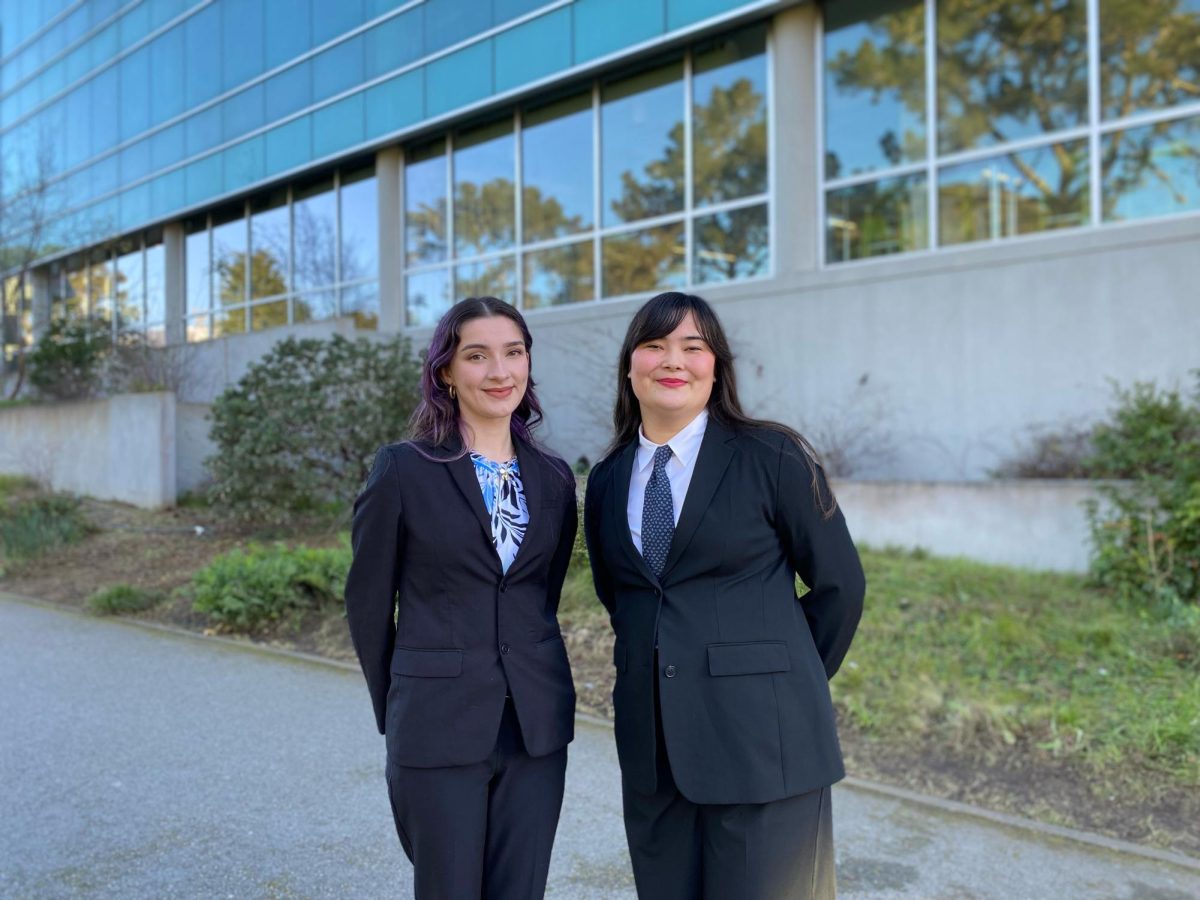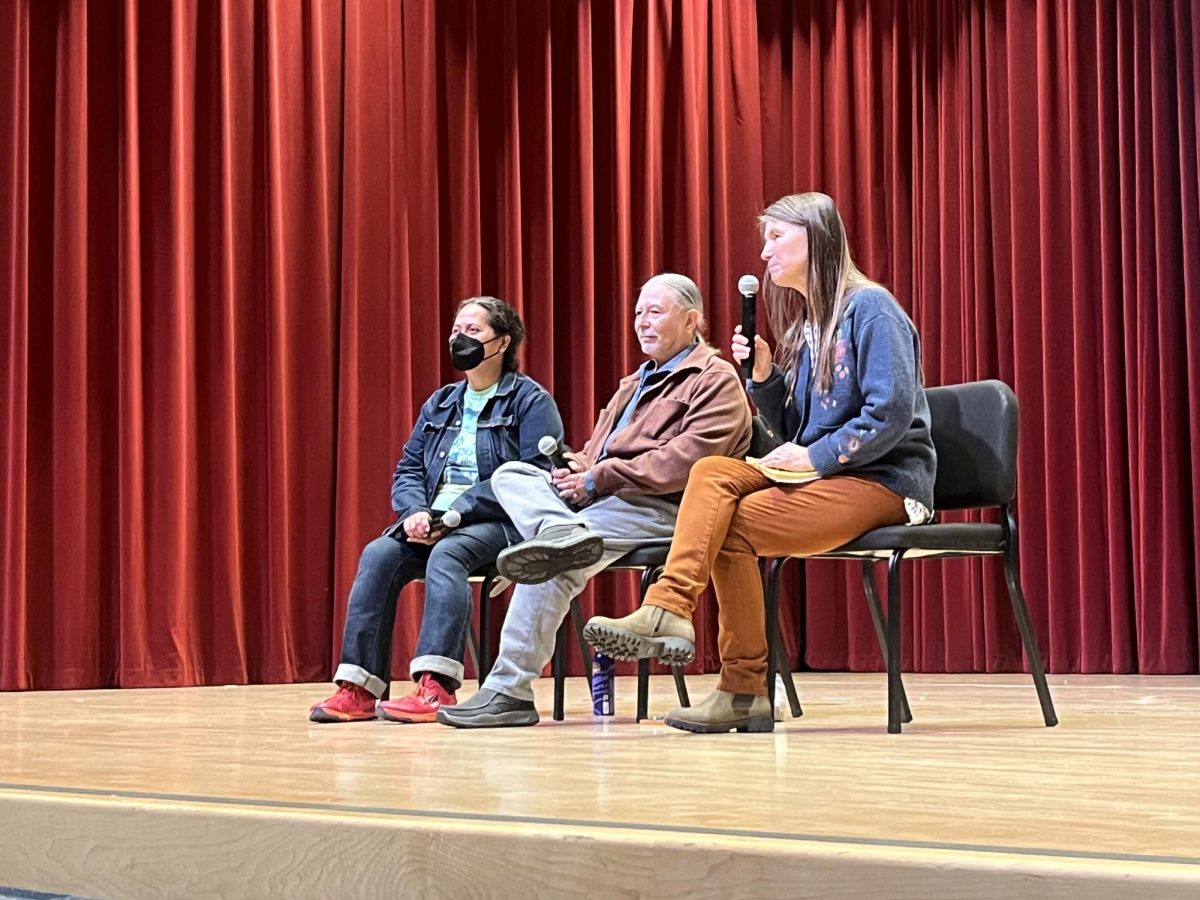Mayuu Kashimura repeatedly refreshed a web page in anticipation of the results she had been waiting months to hear. Finally, around 5 p.m. on Feb. 8, Kashimura and her partner, Olivia Clarke, learned that they’d won the title for their respondent brief in the American Moot Court Association national championship.
Kashimura screamed with joy and ran circles around her dorm, to the concern of her roommates. She then called Clarke to inform her of the news, and both partners screamed in joy and celebrated the feeling of being rewarded for their intense work.
Moot court is a court hearing simulation where teams prepare either oral or written arguments about a fixed topic. Each moot court season is centered around two constitutional issues or two amendments. For the oral argument, the team prepares for both sides of the argument, and it is decided by a coin toss which side will be argued at the competition. However, for the respondent brief, the team decides their own position to write in support of.
After a loss in November during the oral advocacy phase, pod leaders Clarke and Kashimura collaborated to craft a respondent brief centered on the designated constitutional issues for the upcoming Moot Court season.
For the 2023-2024 season, Clarke and Kashimura had to center their respondent brief around a hypothetical scenario surrounding birth control. In the specific case, a state decided to pass a hypothetical law banning birth control. A respondent whose religion stated that it was permitted to use birth control was arrested for the distribution of birth control in this state. As a result, the respondent sued the state, claiming the violation of two constitutional rights: the right to privacy and the free exercise of religious rights.
Clarke and Kashimura chose to write in support of the respondent. They each wrote 10 pages, with their entire brief making up 32 pages. They both represented SFSU in competition, with schools like the University of California, Berkeley, Yale University and the University of Chicago also competing for the title.
Conway created both the class and club after he started teaching on campus in 2017, calling them “a valuable experience for students and an excellent way to prepare students” for various endeavors like law school, the private sector, or even future employment.
“The best way to describe [moot court] is as simulated appellate advocacy where students effectively argue a case as if they were appearing before the Supreme Court,” said Conway.
Conway believes that participation in moot court helps develop critical skills including critical thinking, confidence and public speaking.
Kashimura aspires to go to law school and said that she views the time spent in moot court as something that helps build various essential skills like confidence, quick thinking and public speaking.
“Moot court really sort of forces you to get out of your comfort zone because you have to get up in front of people who you’ve never met before,” Kashimura said. “These judges — who are usually legal professionals or retired lawyers — you give an argument in front of them. In some cases, you have to write a counterargument to the opposing team.”
Clarke, who is graduating this spring, reiterated the effort and time put in by both her and Kashimura toward the briefing. She called the experience a huge commitment for anyone who takes part in it for the future.
“It’s a really productive environment to be in, especially as a pre-law student, because not only are you learning about the current case problem, but it’s also going to help you in classes as well,” Clarke said.
SFSU’s most recent Moot Court title victory occurred in 2019, specifically for the respondent brief. Conway said that this achievement reinforces the skill involved in being part of the program.
“The idea that we’ve got two of these national titles in a short period of time, I think, is indicative of just the quality of our students and also really the quality of our program that we’ve got here,” Conway said.









